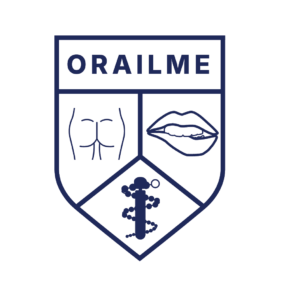While on-campus incidents of robbery have decreased over the past three years, sex offenses, thefts, and referrals for contraband have risen, according to UR Security’s 2003 ThinkSafe Report.
ThinkSafe is released annually in compliance with the Clery Act, a federal law requiring a university that receives federal financial aid to provide campus crime statistics and safety information to the campus community.
The report highlights the trends of various crimes, both on the UR campuses and in the surrounding community, over the past three years. “Each year we strive to be very careful and thorough in collecting data,” Director of UR Security Walter Mauldin said.
The new report shows that there has been an increase in criminal incidents on the River Campus, with a 20-incident rise in the past year.
The increase was also notably sharp in reports of motor vehicle theft. There were 25 occurrences last year, a jump of 11 from 2001. “We did see some increase this year, particularly in auto theft and burglary,” Mauldin said, explaining that the thefts on campus reflect a trend in the greater Rochester community.
Now at its highest numbers over the past three years, theft makes up the bulk of criminal activity on campus. Although on-campus robberies had fallen as of 2002, 2003 rates of robbery on adjacent public and non-campus university property have risen and remain high. Additionally, robberies on adjacent public property are more likely to involve weapons.
Likewise, there has been a continuous rise over the past three years of what security calls forcible sex offenses. While there have been no reports of rape since 2001, incidences of “forcible fondling,” have more than doubled since 2000. Also notable is the tendency of lesser sex offenses to be perpetrated throughout campus, while nearly all rape and sodomy have been limited to dormitories and apartments.
One of Mauldin’s greatest concern, however, has been the rise of alcohol and drug use. “Like my colleagues at other schools, I have been seeing an increase in the quantities of these incidents,” Mauldin said.
According to the report, while only nine people have been arrested for drug and alcohol violations in the past three years, the number of referrals for such activities – specifically drug abuse – has skyrocketed. Last year, 152 people were referred for drug violations, an increase of 120 from 2000. Liquor referrals, on the other hand, after peaking at 332 in 2001, have fallen to 258.
Almost all of these referrals, including two of three made last year for weapons possession, took place in student residence facilities.
In the ThinkSafe report, Security attributes this rise in alcohol and drug referrals to increased monitoring, limited social functions, and a greater number of students reporting their peers. Mauldin, sees the referral rise as representative of changes in social habits and social tolerance of illicit activities.
Many other schools face similar problems. According to Mauldin, both Harvard and Princeton Universities have appointed committees to examine large jump in students receiving emergency medical attention.
“It’s on everybody’s radar screen,” Mauldin said of substance abuse. “We’re taking half a dozen people per weekend to Strong Emergency Room.”
Print copies of the ThinkSafe report were distributed to residence halls, but are primarily accessible electronically on the Security Web site.
Dubinsky can be reached at gdubinsky@campustimes.org.

